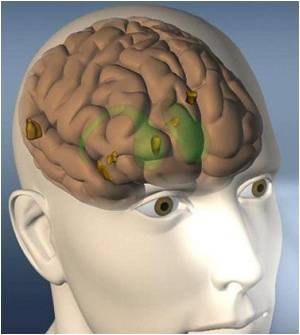Beautiful beaches, swaying palms, lush mountain slopes, gurgling brooks, enchanting bird calls-but nothing relaxes and a new research study tells why.

The study has shown that just as thinking burns energy - so does blocking a thought.
The researchers who carried out the study say trying to clear your mind and think of nothing is akin to ’stopping a truck on a downhill slope’.
The findings also shed light on why it’s so hard to meditate, and why it’s tricky to silence those annoying songs that play over and over again in your head.
"Maybe this explains why it is so tiring to relax and think about nothing," the Daily Mail quoted Dr Daniela Calvetti, a mathematician and co-author of the brain study at Case Western Reserve University in Cleveland, Ohio, as saying.
Rather than opening up a brain to study how thinking - and not thinking - burns up energy, the researchers developed a computer model to mimic how the brain converts energy into thoughts.
Advertisement
To stop a thought, the brain uses inhibitory neurons to prevent excitatory brain cells passing information from one to another.
Advertisement
These blocking neurons work by releasing a chemical called gamma aminobutyric acid, or GABA, which counteracts the effect of another brain chemical called glutamate.
Glutamate opens the gates between neurons, while GABA holds the gates closed.
The computer model showed that the brain consumes a relatively large amount of oxygen to mop up and recycle GBA and glutamate - and to close and open the gates between brain cells.
More oxygen requires more blood flow - and more energy, said the researchers.
’It’s a surprising expense to keep inhibition on,’ said co-author Erkki Somersalo.
The study has been published in the Journal of Cerebral Blood Flow ’n’ Metabolism.
Source-ANI









